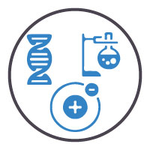
Botany Course Details - Fees, Subjects, Syllabus, Duration, Eligibility, Career Scope
Degrees offered: M.Sc., B.Sc.(Hons), Ph.D, B.Sc., M.Phil.
What is Botany
Botany is a branch of biology which is the in-depth, scientific study of plants life and their structures, properties, along with its characteristics and features. Botany includes the study of all plant-like living organisms including algae, fungi, ferns, mosses and actual plants as its basic focus. This course is aimed to help the individual learn about plants from micro to the macro level of plant-based life and their importance in our environment as a whole.
The Botany course, in particular, has several branches, such as plant ecology, plant pathology, forensic Botany, palaeobotany and archaeobotanical. In India, Botany is a popular choice in the science stream due to good future career opportunities. One can pursue a Botany course of study in an undergraduate and postgraduate degree- B.Sc. in Botany for undergraduate, M.Sc. in Botany for a postgraduate degree.
One can pursue the course degree of Botany in colleges like St. Xavier's in Mumbai, Fergusson College Pune, Lovely Professional University, Uttaranchal College of Science and Technology and in many more universities.
Today, with environmental degradation being the core of the discussion, this course has gained popularity and attention among environmentalists as a way to understand the need and importance of plants and their existence.
Eligibility Criteria (UG & PG) of Botany
The eligibility criteria for Botany differ from university to university and the choice, of course, applied to.
For undergraduate degree
1. Individuals must score a minimum of 50% on average and above for their 10+2.
2. Candidates from any subject can seek admission, but individuals from science stream in 10+2 are preferred.
3. Entrance exams may depend on the university applied to. Either merit-based or entrance exam score based.
For postgraduate degree
1. Individuals must score a minimum of 50% on average and above in a bachelor's degree.
2. Candidates with science stream in bachelor's degree (B.Sc.), and preferably B.Sc. in Botany for M.Sc. in Botanical studies.
3. Admission is based either on the merit list, or entrance test score as per the requirement of the university applied to.
Botany Entrance Exams
The study of Botany in undergraduate and postgraduate degrees does not require entrance exams for most universities or Institutions, and the admission process is based on merit.
However, some universities conduct entrance exams and require a good score for admission in Botany.
This entrance exam is conducted by the Indian Institute of Science Education and Research Aptitude Test for admissions in Botany in the Institution of an undergraduate and postgraduate degree. It is held every year for various science courses by the university.
2. BHU UET
BHU UET is an entrance exam for the undergraduate degree of various courses in Banaras Hindu University. It is held every once in a year to grant admissions in the university.
Scope of Botany in India and Abroad
The study of Botany offers a wide scope of future to its students in India as well as abroad.
Upon completion of the course, an individual may opt to go for higher studies or research field, or seeks a job at the subject related opportunities.
Many individuals, after pursuing a Bachelor's degree in Botany, can study M.Sc. in Botany or M.Sc. in environmental management for further studies.
One can study abroad as well for further studies due to bigger opportunities and many prestigious Institutions offering the course study.
A botanist can also work as a field scientist or scientific assistant in both the public and private sectors.
However, many environmental management-based companies are keener in recruiting students with this course degree.
Course Fees Botany
| Minimum Fees | Maximum Fees | |||
|---|---|---|---|---|
| Private | Government | Private | Government | |
| UG | ||||
| PG | ||||
| DOCTORAL | ||||
| DIPLOMA | ||||
Course Subjects
The course of Botany consists of many subjects, including the core courses given below.
1. Microbiology
2. Fungi and Plant viruses
3. Pteridophytes, gymnosperms and palaeobotany
4. Genetics and cytogenetics
5. Plant ecology
6. Plant physiology
Careers in Botany
The study of Botany comes with a lot of career opportunities with regards to research, environment, ecology, plant analyst, conservation and much more. The demand for individuals with Botany degrees has increased over time due to the rise in importance for protection and conservation of natural environments, and plants being the main priority of environmental management. Many individuals with the right knowledge and skills in this field of study can even work at the United Nations for campaigns and research on environmental management with the help of conserving plant organisms and increasing their species in the future.
With a fight for climate change, the study of Botany will come in handy and serve as the root of saving and avoiding further worsening of climatic conditions. One can work in a lot of fields with the study of Botany, from setting up their flower shops as a florist, to becoming an industrial biologist and many others. Therefore, the career scope in Botany is wide, and with the environment and climatic issues being the prior concern globally, the future opportunities for Botany studies will increase and gain more attention.
Upcoming trends
With every discovery through research by experts in Botany science, paves a way to new learning subjects or topics in the course of Botany. Every year new plant species are discovered, and the coming years the discovery Subject is included in the course. In short, this course covers the latest update topics and trends over the years as per the changes and discoveries made. Botany science will be interlinked to environmental management in the coming years for better understanding and knowledge, since the subjects are interrelated, both focusing on living organisms and their environmental impacts.
With in-depth knowledge in Botany, one can serve to be an environmentalist, catering to plants and their needs to control climate change and risk management of environmental conditions. Research is being conducted on a variety of topics in Botany courses for the discovery of more plant species and how we can save our environmental problems with the help of generating more plants for our future generations.
Job Profiles and Top Recruiters
Various job roles are available for students, in completion of the course study in Botany.
Job Profile | Job Description |
Plant scientist | Mostly work in the field of agriculture development to increase crop yields, achieve greater production and fight pests that reduce farm products. They give suggestions and advice based on their research in the field of Botany studies. |
Interpret and Analyse the relationship between plants and the environment. Providing others with the understanding of human and nature changes influence the ecosystem. They also conduct a lot of research in the respective field of work. | |
Florist | Manage and maintain their flower shop by selling artistically combined flowers and plants of different species to its customers on all occasions. |
Researcher | Work in the laboratory for research and to make an in-depth study on different plant species by performing experiments. |
Biologist | Study and analyse plant life and organisms to understand their behaviour, composition, habitats and how they interact and impact the environment. They perform tests, research and collect samples and present their findings through the study. |
Top Recruiters
1. Department of Agriculture
2. Environmental Protection Agency
3. Forest Service
4. Nature Conservancy
5. Seed company
6. Horticulture Companies
7. Companies Manufacturing medicinal drugs
8. Biological Companies
9. Flower Shop
Average Salary
The average salary of Botany course degree may differ as per degree achieved, skills, experience and expertise in the field of work.
Job role | Income(Rs) |
Florist | Rs. 4 to 7 lakhs p.a. (Approx.) |
Drug Developer | Rs. 5 to 7 lakhs p.a. (Approx.) |
Biologist | Rs. 4 to 8 lakhs p.a. (Approx.) |
Botanical Researcher | Rs. 4.5 to 8 lakhs p.a. (Approx.) |
Ecologist | Rs. 4 to 8 lakhs p.a. (Approx.) |
Environmentalist | Rs. 4 to 7 lakhs p.a. (Approx.) |
Required Skillset for Botany
An individual with a keen interest in the study of Botany or pursuing the course needs to have certain skills which will become beneficial in the field of study and future scope.
Being attentive to details, being research-oriented and possessing analytical skills, logical thinking, love for nature are the necessary skills required for this field of study.
Critical evaluation skills is also another important skill for an individual engaged in Botany studies.
The ability and enthusiasm towards learning about nature and their existence are expected by the university for Botany courses.
Course Curriculum for Botany
Botany course is keen on bringing out the sentimental of humans towards nature and the need for understanding plant lives and evaluating their existence, benefits for our environment and the need to preserve them. The rise in importance of the environment and planting more trees has driven the necessity to understand the lives of plants of all types and gain knowledge on how to save them. Botany subject makes science less boring and difficult for students and more interesting in learning about plants and nature as a whole. It aims at bringing about more knowledge on the lives of plants with solutions on how to save as many plant species as possible in the future, with the help of thorough research from its students.
Students also liked
Popular Botany Entrance Exams in India
Frequently Asked Questions (FAQs)
Question: Is Botany a good career?
Answer :
Botany is a great career choice for those plant lovers and a keen interest in life is organisms and for individuals wanting to serve as an environmentalist, plant biologist or plant scientist and botanist.
Question: How long does it take to become a botanist?
Answer :
The minimum requirement of a botanist is a bachelor's degree in Botany and for further expertise a master's degree in Botany. So, it takes 3 years to be a botanist and another 2 years to be a master botanist.
Question: What can you do with a Botany degree?
Answer :
An individual with a degree in Botany can pursue a wide range of career paths in government sector (food, agriculture, environment and conservation) or private companies as a consultant, analyst, research assistant, or in environmental management industries.
Question: What can I study after B.Sc. in Botany?
Answer :
For someone who wants to pursue higher studies, it will be wise to study M.Sc. in Botany or any science-related subjects. One can also seek for jobs or become a florist with a bachelor's degree in Botany.
Question: What is B.Sc. and M.Sc. in Botany?
Answer :
Bachelor of Science in Botany and master of science in Botany are the in-depth scientific study of plant life, its concepts, features and characteristics, and their impact on the environment, how they contribute to the betterment of natural environments and much more.
Questions related to Botany
Hey, myself Bisma Farooq from jammu and Kashmir I completed my Msc ,now i wanna do research (Phd in botany) Can I get admission in your college this year
Hello,
Pursuing a Ph.D. in Botany is a commendable decision, and there are several institutions in India where you can apply for admission this year.
- Ph.D. Admissions: Many universities in India offer Ph.D. in Botany for 2024-25.
- Eligibility: M.Sc. in Botany/Life Sciences with 55%+ marks; CSIR-UGC NET/GATE may be required.
- Top Institutes: NIPGR (Delhi), Shoolini University (Himachal), Chandigarh University, St. Joseph’s University (Bengaluru), Sikkim University.
- Application Deadlines: Vary; May–June 2024 for most.
- Selection Process: Entrance test + interview; some exempted via NET/JRF.
- Recommendations: Check university websites, contact potential guides, and apply early.
- Next Steps: Prepare for entrance exams and shortlist universities per research interests.
- Alternative Options: Look for J&K universities with research opportunities.
Hope you find it useful !
With the change in exam pattern in NEET, have the Botany and Zoology sections been combined to form one biology section of 90 questions? Or are they still separate?
According to the latest NEET exam pattern , the Botany and Zoology sections are still separate within the Biology section, but combined to form a total of 90 questions in the Biology section, with 45 questions each from Botany and Zoology. l
Although considered one "Biology" section, the NEET exam still presents questions distinctly categorized as Botany and Zoology.
Both Botany and Zoology usually have an equal number of questions (45 each) within the Biology section.
The current NEET exam pattern maintains this structure with separate Botany and Zoology sections within the Biology subject.
What do after bsc in botany guess me job or higher study plz
Hi,
After completing Bachelor of Science in Botany you can either opt for higher studies or can get a job depending upon your interest.
Courses that you can pursue after completing Bsc in botany are Msc botany, phd botany, MBA in pharmaceutical Management or Diploma in Applied Botany.
Some of the best career path after pursuing Bsc botany course includes:
- Botanist
- Ecologist
- Environmental consultant
- Park ranger
- Plant Biochemist
- Researcher
- Green House Manager
- Farming consultant
- Teacher
Hope this information will help you
I passed 12th with mathematics as one of the main subjects. I am currently pursuing bsc ( botany hons.). Can I APPLY FOR NIMCET & OJEE MCA EXAM ?
Hello Anu,
Yes, you can apply for both the
NIMCET
(National Institutes of Technology MCA Common Entrance Test) and
OJEE MCA
(Odisha Joint Entrance Examination for MCA) exams, provided you meet the eligibility criteria.
Eligibility Criteria:
-
NIMCET:
-
You must have a
BSc
degree (with Mathematics as a compulsory subject at 10+2 level).
-
You should have completed your BSc with at least 60% marks (55% for SC/ST) or an equivalent CGPA.
-
You must have a
BSc
degree (with Mathematics as a compulsory subject at 10+2 level).
-
OJEE MCA:
-
For OJEE, you need to have a
Bachelor’s degree
in any discipline with Mathematics as one of the subjects at 10+2 or graduation level.
- You should have scored at least 50% marks (45% for SC/ST).
-
For OJEE, you need to have a
Bachelor’s degree
in any discipline with Mathematics as one of the subjects at 10+2 or graduation level.
Since you passed 12th with Mathematics and are pursuing BSc (Botany Hons.) , you meet the basic criteria for both exams, provided you satisfy the other academic requirements.
Make sure to check the specific eligibility guidelines on the official websites for each exam before applying.
I hope this answer helps you. If you have more queries then feel free to share your questions with us we will be happy to assist you.
Thank you and wishing you all the best for your bright future.
Hello sir I hope you are doing good. I scored 92.4%ile in CAT exam GEN Male 9 CGPA in 10th class CBSE 65.7% in 12th Punjab Board 65.2% in Bsc. Botany from Punjab Agricultural University 34 months work ex. Do I have any chance in any IIM or IIT and IIMA FABM and IIML ABM Program
Hi Pratham,
Hope you're doing good. based on your provided profile:
-
Academic Background:
- 10th Grade: 9 CGPA (CBSE)
- 12th Grade: 65.7% (Punjab Board)
- Bachelor's Degree: 65.2% in B.Sc. Botany (Punjab Agricultural University)
- Work Experience: 34 months
IMA's FABM program is highly competitive. For the General category, the CAT cutoff percentiles for 2024 were:
- Overall: 99%ile
- Sectional (VARC, DILR, QA): 99%ile each
Given your CAT percentile of 92.4, it falls below these thresholds, making it unlikely to secure a shortlist for the FABM program at IIMA.
IIML's ABM program also has stringent selection criteria. The minimum CAT percentiles for shortlisting General category candidates are:
- Overall: 85%ile
- Sectional (VARC, DILR, QA): 80%ile each
Your CAT percentile meets these minimum requirements. However, IIML evaluates candidates based on multiple factors, including academic performance, work experience, and diversity.
While your work experience is substantial , the ABM program places significant emphasis on academic performance and relevant background.
Admission criteria vary across institutions. Some newer IIMs and IITs may have lower CAT cutoffs and different evaluation parameters. Your work experience is a positive aspect, and certain programs might value it alongside your CAT score.
You can also check out the IIM's previous year Cutoffs on the given link.
All the best!
https://bschool.careers360.com/articles/iim-cutoff-2024-cat-cutoff-mba-pgdm


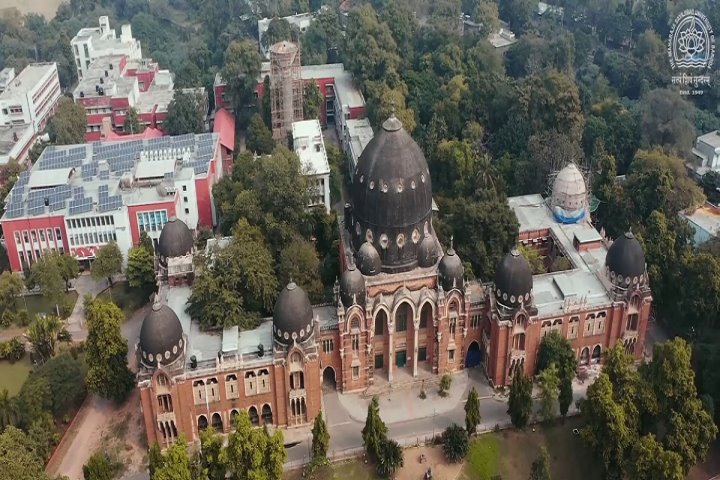

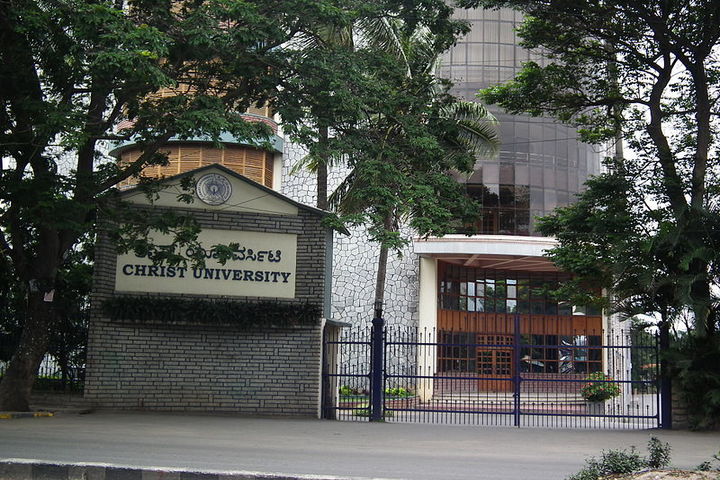
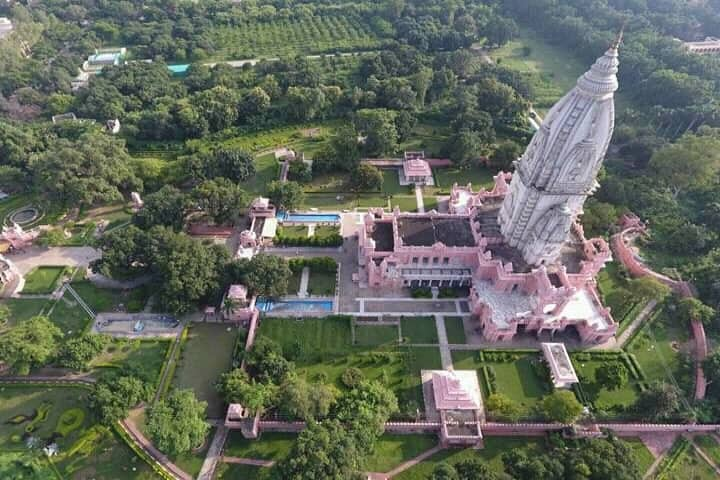


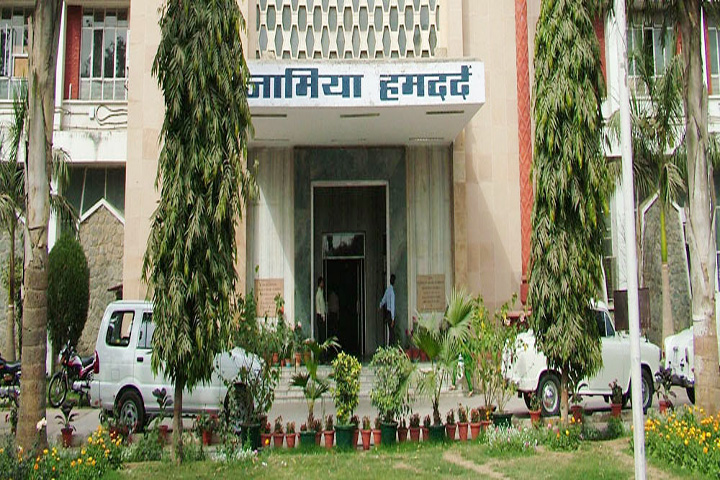

 Answer later
Answer later










